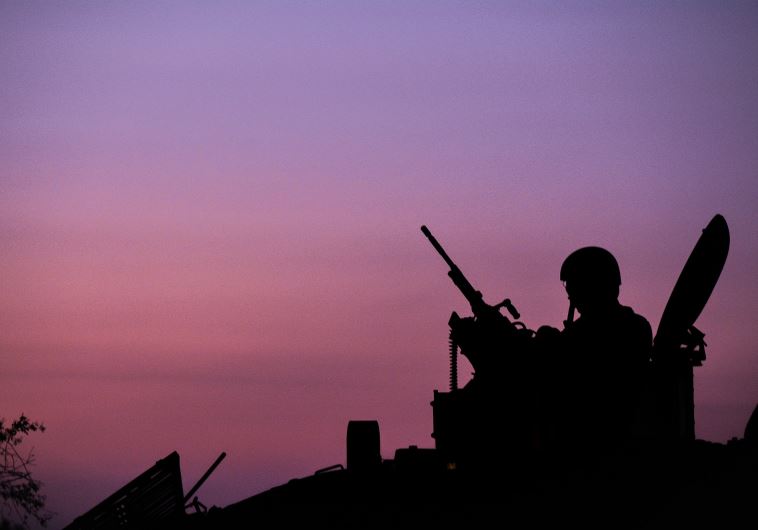What are the aftershocks of the Comptroller's 2014 Gaza War report?
Although the Comptroller’s Report hit Netanyahu hard, he is definitely not yet down for the count.
 IDF soldiers take part in Operation Protective Edge(photo credit: IDF SPOKESPERSON'S UNIT)
IDF soldiers take part in Operation Protective Edge(photo credit: IDF SPOKESPERSON'S UNIT)